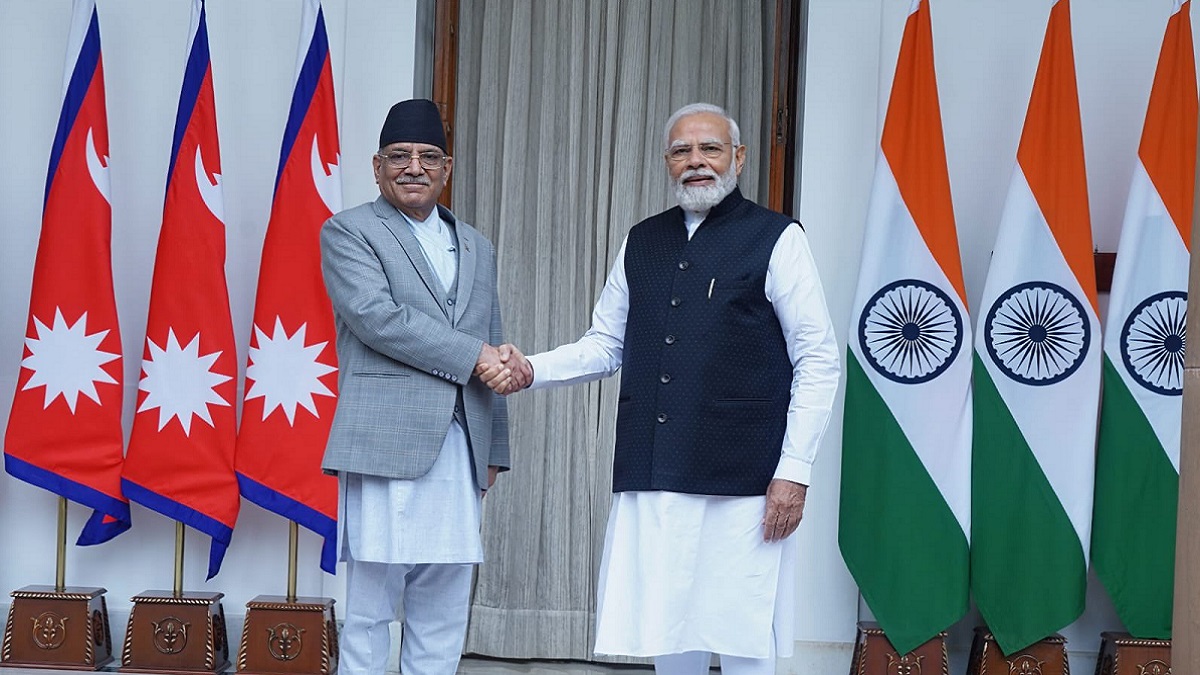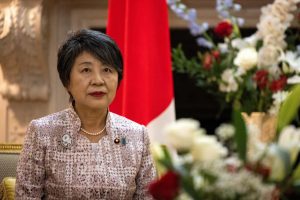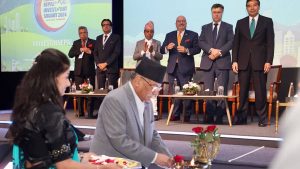
Nepal and India Ink Deal for 10,000 Megawatts Electricity Exchange
In a landmark move, the Nepal government has formally entered into an agreement with India for the purchase and sale of 10,000 megawatts of electricity. The Ministry of Energy, Water Resources, and Irrigation announced that the long-term agreement was signed during a secretary-level meeting held at the ministry on Thursday.
Energy Secretary Gopal Prasad Sigdel from Nepal and India’s Energy Secretary Pankaj Agarwal sealed the deal, marking a significant step towards enhanced energy collaboration between the two neighboring nations. The agreement follows the announcement made by Indian Prime Minister Narendra Modi during Prime Minister Pushpa Kamal Dahal Prachanda’s visit to India, where Modi committed to purchasing 10,000 megawatts of electricity from Nepal over the next 10 years.
The finalized agreement paves the way for electricity to be traded as a commodity between Nepal and India, a move that is expected to optimize the utilization of Nepal’s surplus electricity. Presently, Nepal exports 650 megawatts of electricity to India, and with the completion of this agreement, all excess electricity generated in Nepal will be directed towards the Indian market.
Additionally, during the visit of Indian Foreign Minister Dr. S. Jaishankar to Kathmandu, three key transmission lines will be inaugurated, enhancing cross-border connectivity. The joint inauguration by the foreign ministers of both nations will include the second section of the Kataiya-Kusaha transmission line with a capacity of 123 KVA. The second section of the Raxaul-Parwanipur transmission line, boasting a capacity of 132 KVA, and the Nautanya-Mainhia transmission line, also of 132 KVA capacity, will further solidify the energy infrastructure ties between Nepal and India.
The signing of the 10,000-megawatt electricity agreement and the inauguration of the transmission lines underscore the commitment of both nations to fostering deeper cooperation in the energy sector, contributing to regional development and mutual benefits.















Comments